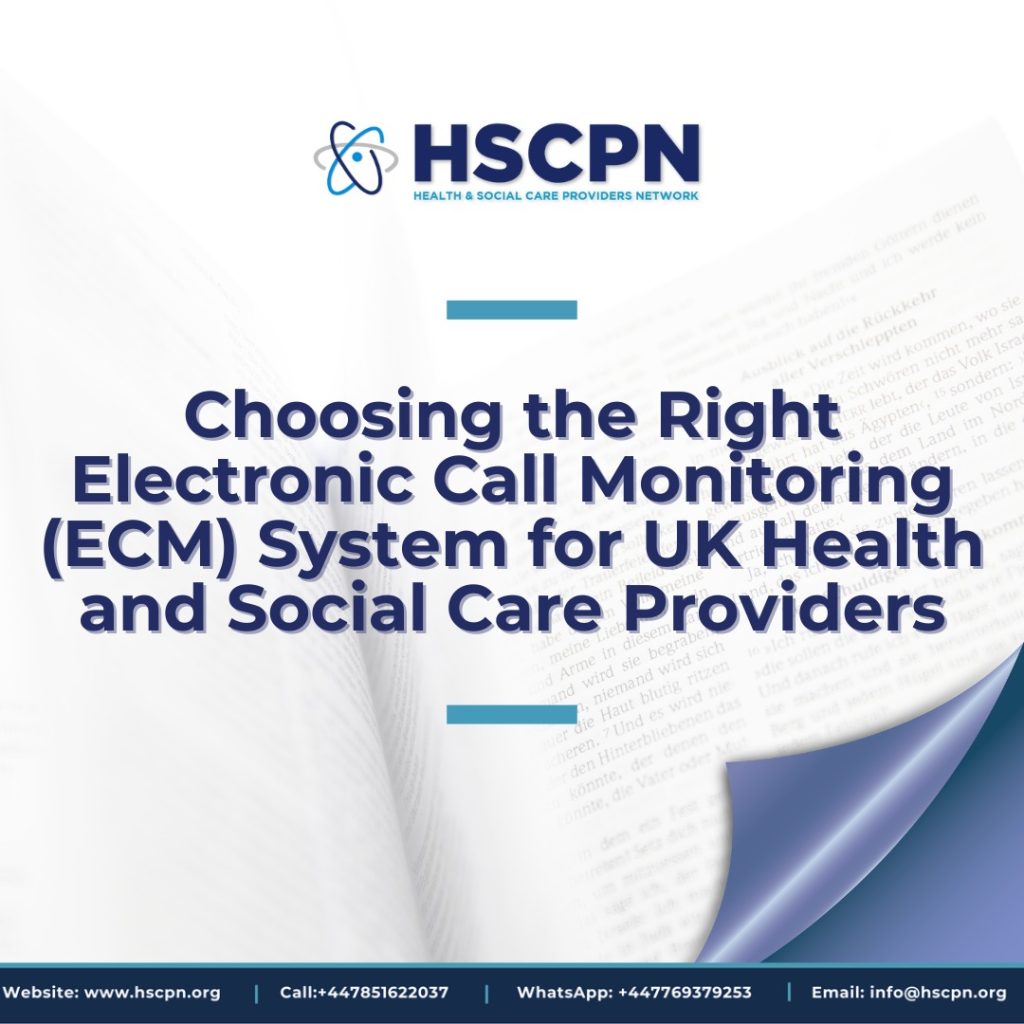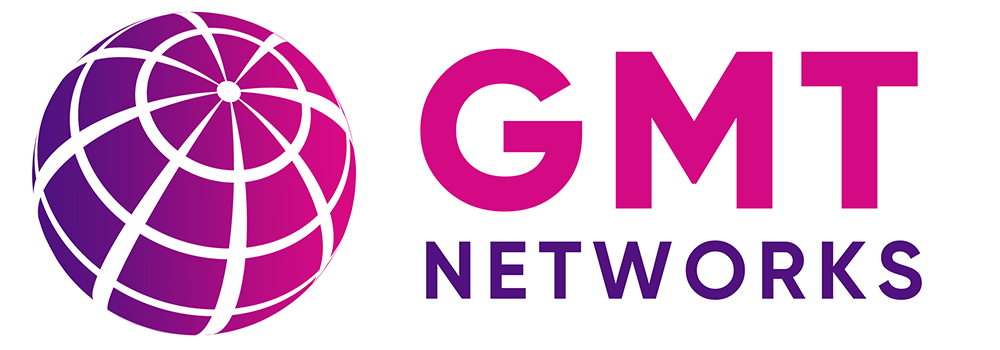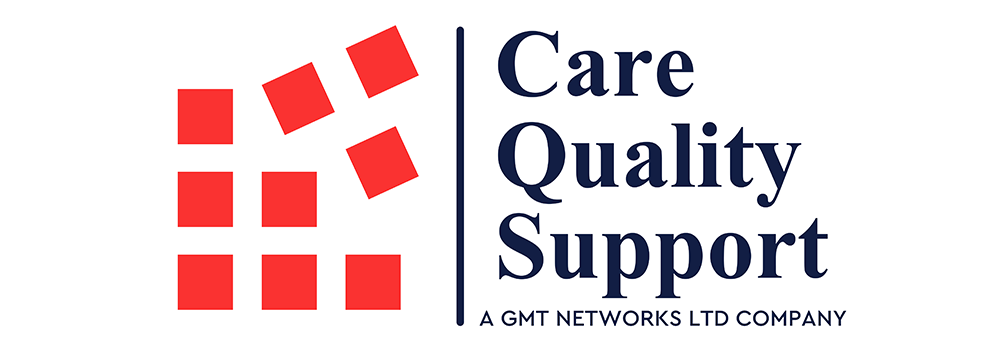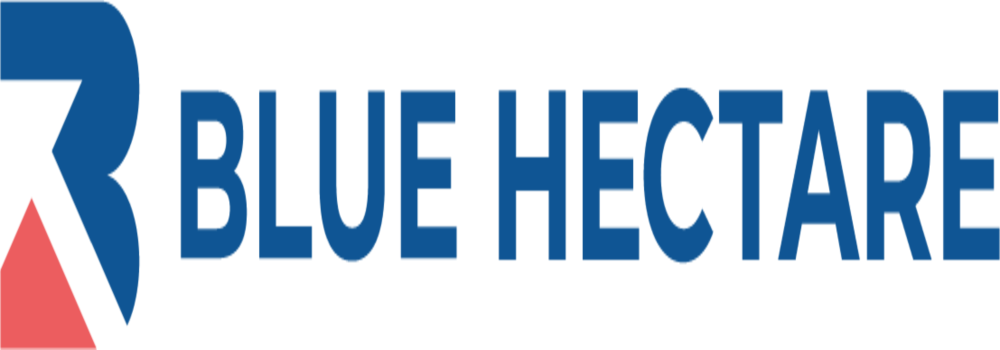In today’s increasingly regulated care environment, providers must balance service delivery with compliance, efficiency, and transparency. One critical tool that supports all three is Electronic Call Monitoring (ECM) systems that track care delivery in real time, help demonstrate Care Quality Commission (CQC) compliance, and improve workforce accountability.
This article offers a detailed comparison of popular ECM systems currently used by UK health and social care providers. It outlines key features, usability, and whether these tools align with the expectations of the CQC.
What is an ECM System?
An Electronic Call Monitoring system records when a care worker arrives at and leaves a client’s home. It helps verify service delivery, reduces missed visits, and supports real-time care management. Many modern ECMs go beyond time tracking — offering incident reporting, medication management, and care plan integration.
For registered providers, an ECM is more than a scheduling tool , it’s a compliance asset. CQC inspections often require evidence of accurate care delivery, staff scheduling, and communication logs. The right ECM system can support “Well-led,” “Responsive,” and “Safe” key lines of enquiry (KLOEs) under the CQC framework.
Key Factors to Consider
When selecting an ECM system, consider these essential features:
- Check-In Methods: Does it offer GPS, QR code, NFC, or landline options?
- Real-Time Alerts: Can managers monitor missed visits or incidents as they happen?
- CQC Compliance Support: Does it support evidence gathering aligned to regulatory expectations?
- Offline Functionality: Will the system work in low-signal areas?
- Family Access: Can relatives view real-time updates (where appropriate)?
- Data Security Standards: Is client data safely stored, meeting UK GDPR standards?
Comparison of ECM Providers
Below is a summary of some widely used ECM systems in the UK. All support real-time alerts and CQC compliance reporting but differ in functionality and user experience:
| Provider | Check-In Methods | Real-Time Alerts | CQC Support | Offline Use | Family Access | Data Security |
|---|---|---|---|---|---|---|
| Nourish Care | App, OTP, NFC, Landline | Yes | Yes | Yes | No | Yes |
| The Access Group | GPS, NFC, QR, Landline | Yes | Yes | Yes | No | Yes |
| Birdie | Mobile App (GPS) | Yes | Yes | Yes | Yes | Yes |
| everyLIFE (PASS) | Mobile App (GPS) | Yes | Yes | Yes | No | Yes |
| Caremonitoring.co.uk | Landline, App | Yes | Yes | No | No | Yes |
| Unique IQ | Mobile App, Telephony | Yes | Yes | Yes | No | Yes |
| Care Counts | NFC-enabled App | Yes | Yes | Yes | No | Yes |
| Your Home Care | Mobile App (GPS) | Yes | Yes | Yes | Yes | Yes |
| Dice Healthcare | Mobile App | Yes | Yes | Yes | Yes | Yes |
| CareLineLive | Mobile App | Yes | Yes | Yes | No | Yes |
| RoundSys | Mobile App | Yes | Yes | Yes | No | Yes |
| Log my Care | Mobile App | Yes | Yes | Yes | Yes | Yes |
| CareDocs | Mobile App | Yes | Yes | Yes | No | Yes |
| Carebeans | Mobile App | Yes | Yes | Yes | Yes | Yes |
Conclusion
Selecting the right ECM system depends on your service model, staff structure, and regulatory needs. If family involvement is a priority, options like Birdie, Dice Healthcare, or Carebeans may stand out. If your team works in areas with poor signal, offline support from systems like Nourish Care, The Access Group, or Unique IQ is crucial.
All systems listed here support CQC compliance, but it’s essential to demo these platforms and consider staff training, cost, and integration with your care plans.
Let’s Continue the Conversation
If you are an HSCPN Premium Member, we encourage you to share your experiences with ECM systems in our Premium Member WhatsApp/Telegram groups. Your insight can help others make informed choices.
If you’re not yet a member and would like access to resources like these and more, consider joining the HSCPN Premium Membership or connecting as a Supplier Partner.
For enquiries, contact us:
📧 info@hscpn.org
🌐 www.hscpn.org













